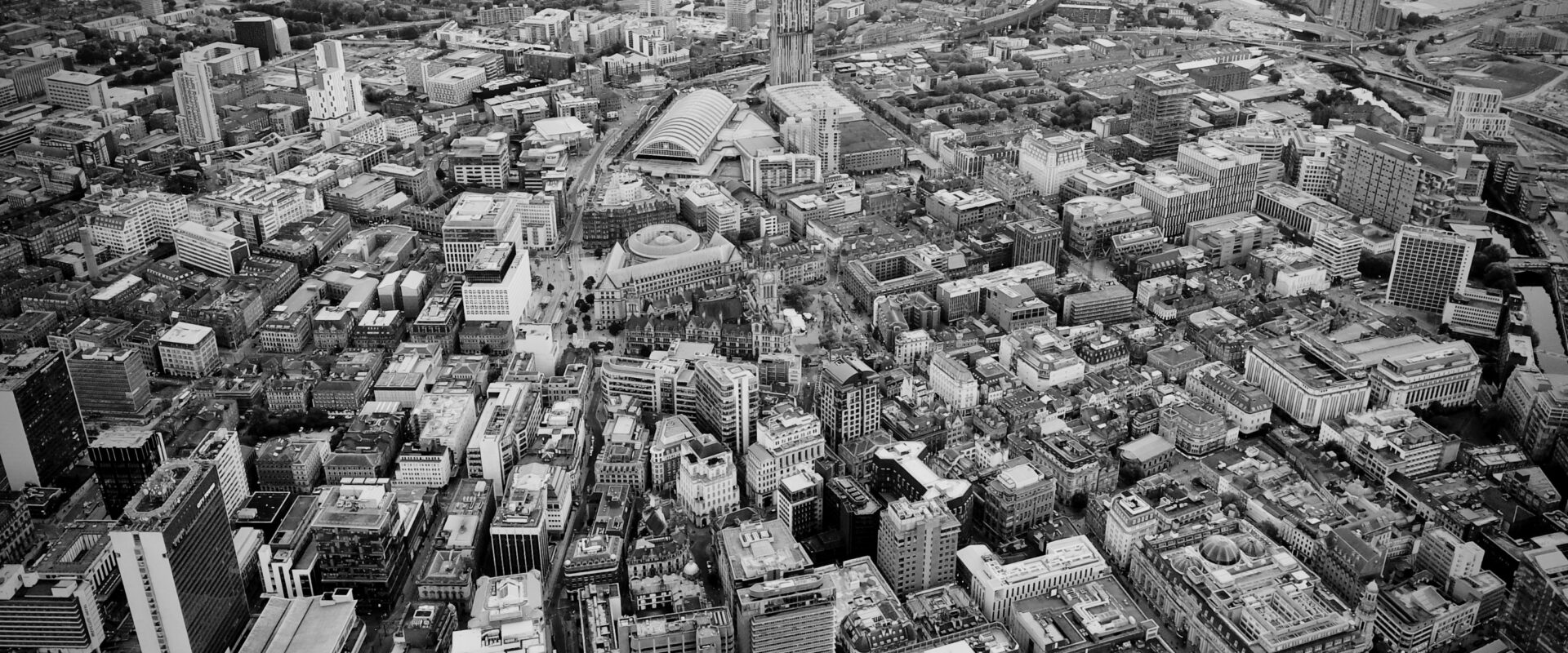The Manchester Social Housing Commission held its first meeting in July bringing Community Savers leaders together with cross-sector experts to develop local and national proposals for addressing the housing crisis. The Commission is chaired by the Right Reverend Dr David Walker, Bishop of Manchester and supported by the Social Homes for Manchester campaign.
Community Savers representatives from Collyhurst, Miles Platting, and Wythenshawe advocated for 30% of all new housing developments of ten homes or more to be social rented homes that are climate and nature friendly. They also asked housing sector professionals to stop using the term ‘affordable housing’ and refer to housing for social rent or private rent. Communities often think affordable means social, and it prevents them holding developers and the council to account for building the social homes we need.
Zoe Marlow of Dandelion Savers and Women of Wythenshawe said:
“We need to stop blurring the line between social homes and affordable homes and just say which one is which. People are confused.”
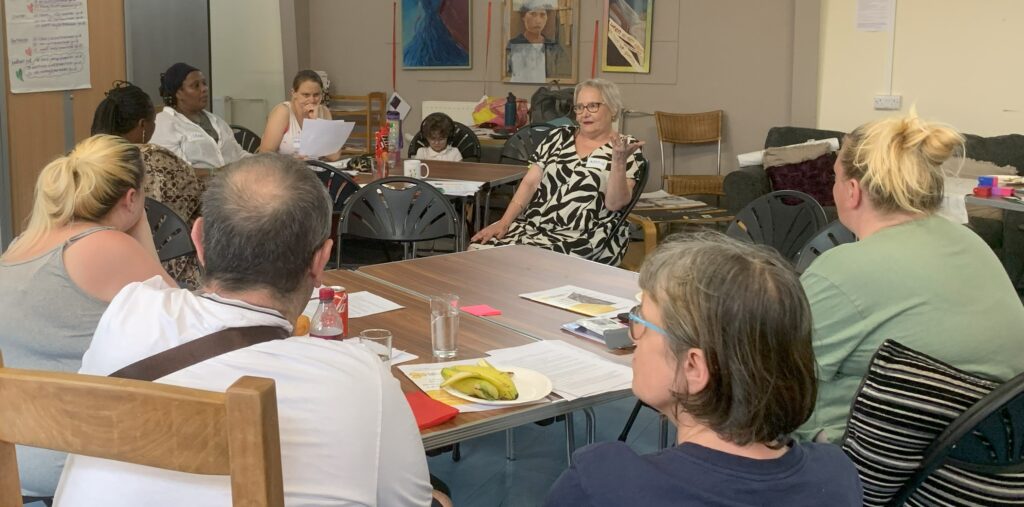
The lack of information provided at a community level about developer obligations, or ‘section 106’ contributions, was also raised and Commissioners discussed the need for a review of viability assessments which developers use to avoid these obligations on grounds of low profitability.
Sue Anya of Miles Platting Community and Age-friendly Network (MPCAN) said:
“We need to know where the section 106 money goes. It doesn’t seem to get invested in the community where construction is happening…We also need to have information much earlier – we never find out what is happening until everything has already been decided.”
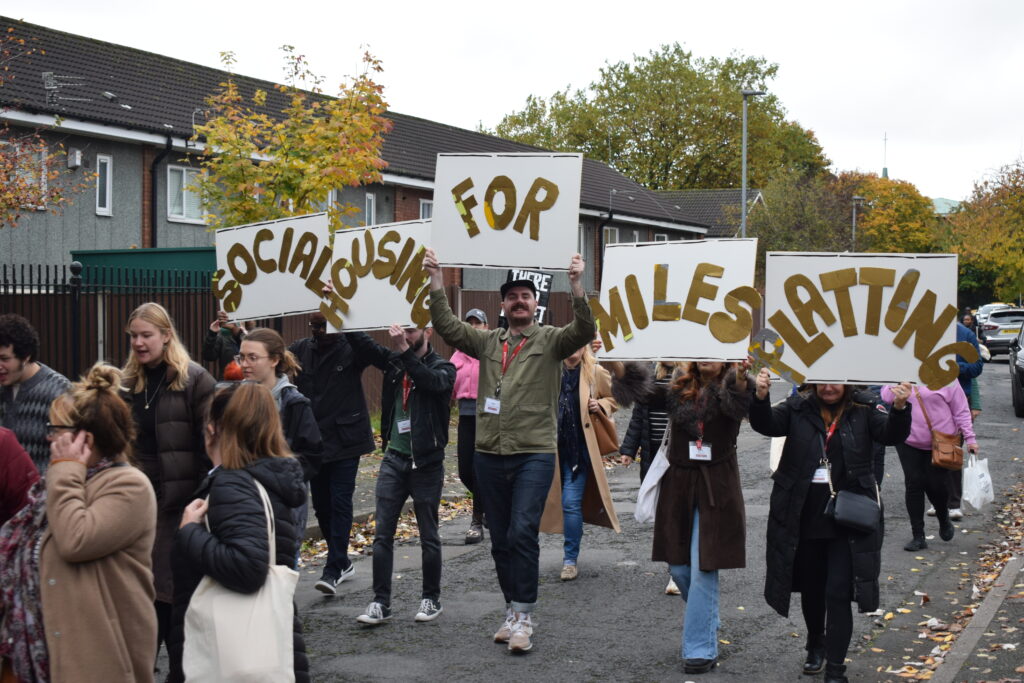
Families in lower income areas of the city also depend on their own family and social networks for childcare and social care support but Sheila Davis of MPCAN highlighted how children and grandchildren of existing residents are unable to find a social rental home in the same area and can’t afford escalating private rents. Flats let at “affordable rents” cost 80% of market rent but there is no cap on market rent, so these offer no solution to people working for minimum wage or even the ‘living wage’.
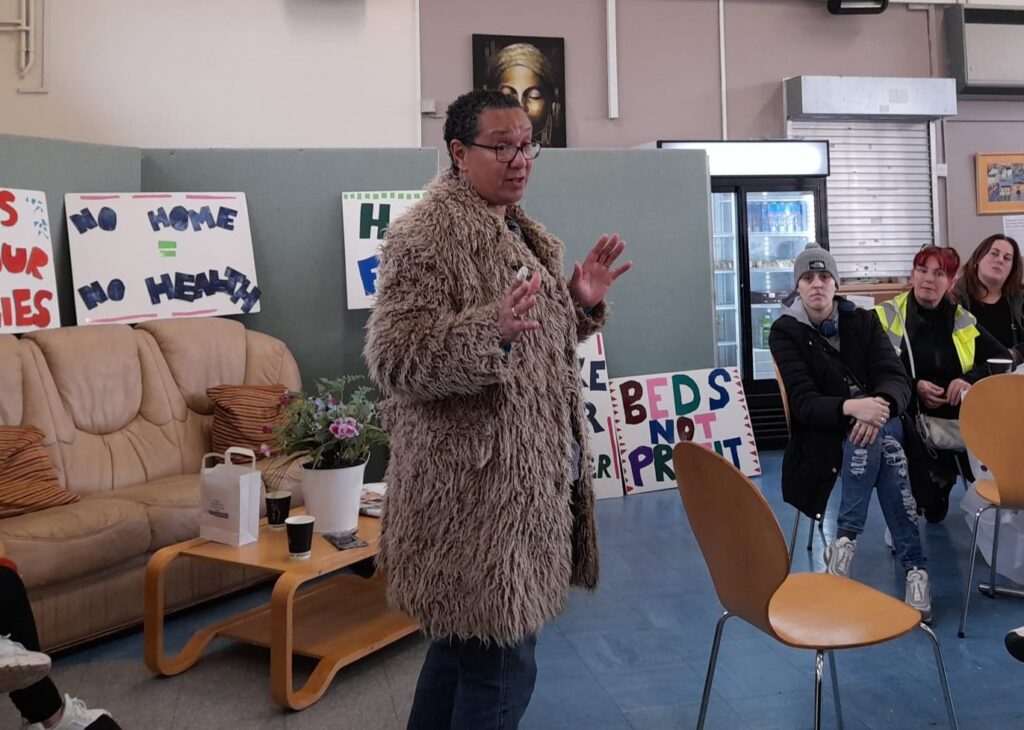
Sheikha Omar of Moss Side Tenants Union called for the complete banning of Section 21 evictions, the application of Freedom of Information legislation to housing associations not just local authorities, an end to the sale of social housing to private equity companies, and better controls on rent increases for both social and private tenants.
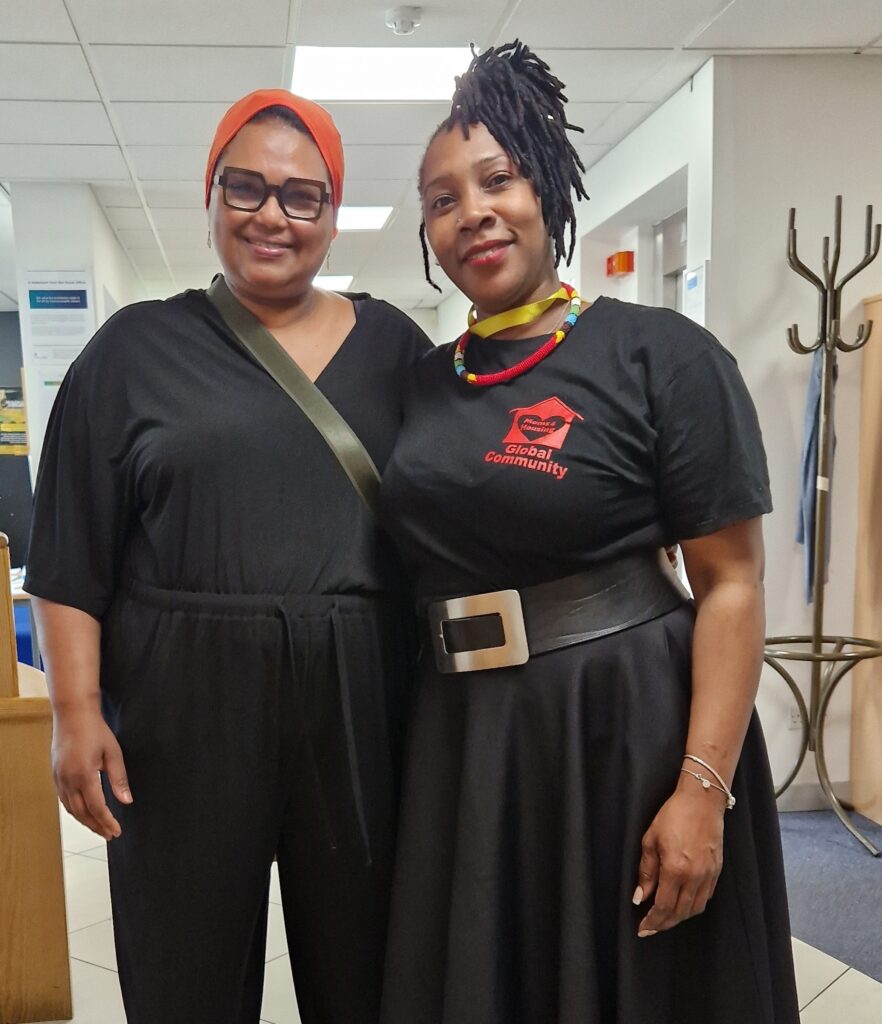
The Commission will be making policy proposals to Manchester City Council and to the new national government administration in the coming weeks and will be developing the detail of their recommendations over the next 12 months. Community representatives on the Commission will be working closely with the Social Homes for Manchester campaign coalition to organise neighbourhood-based briefing sessions across the city, raising awareness about housing and planning policy and ways to work with local councillors to secure better outcomes for their local area.
Social Homes for Manchester is a coalition of community associations, charities, think tanks, academics and social justice organisations focused on accelerating the number of social homes that are created in Manchester by 2030 and ensuring this is done in an environmentally sustainable way.

